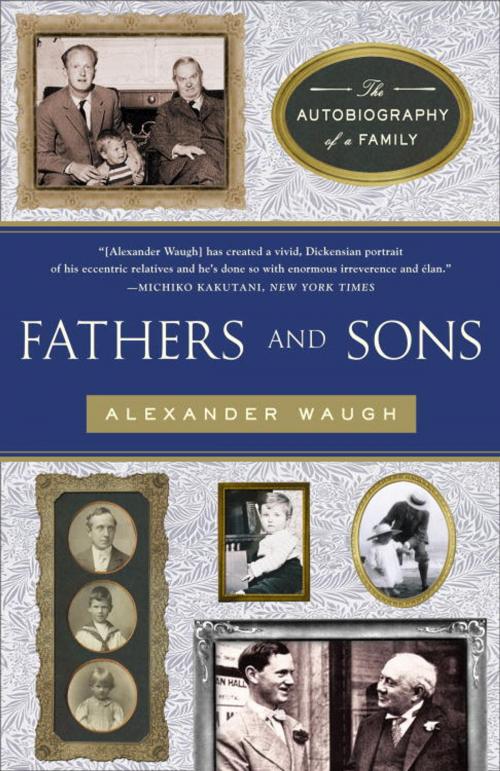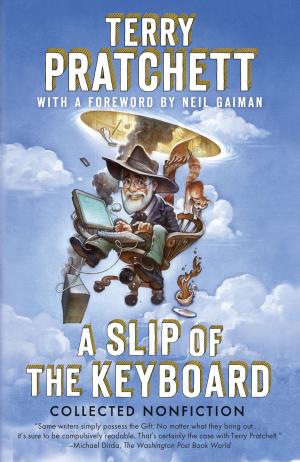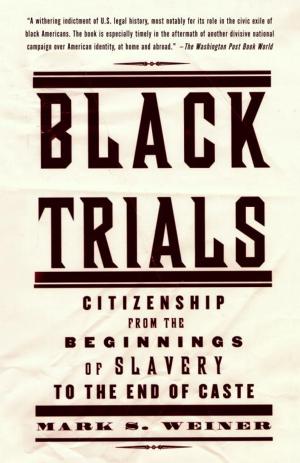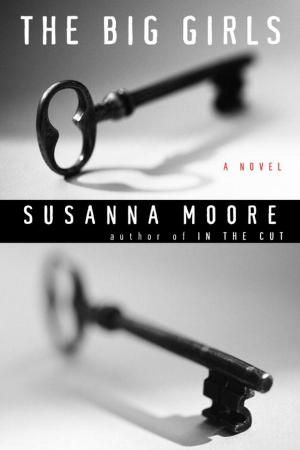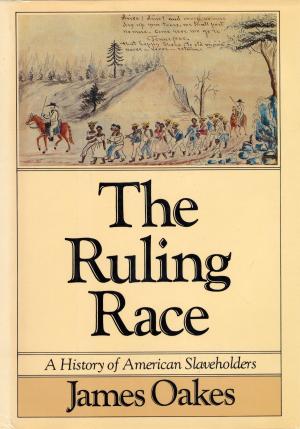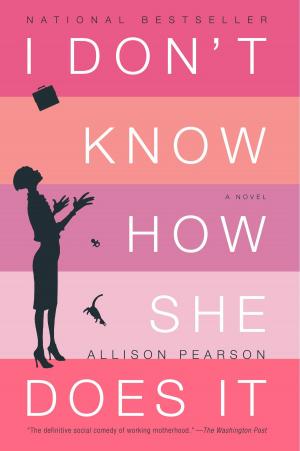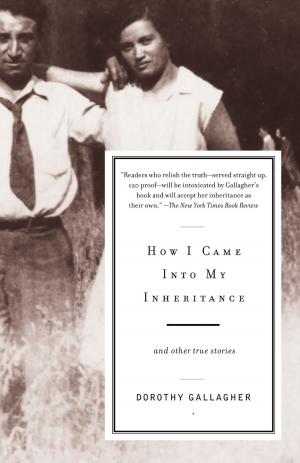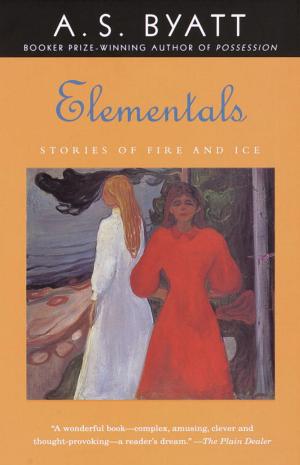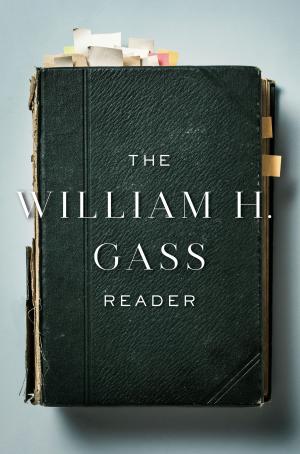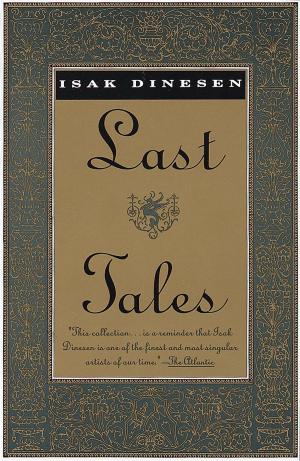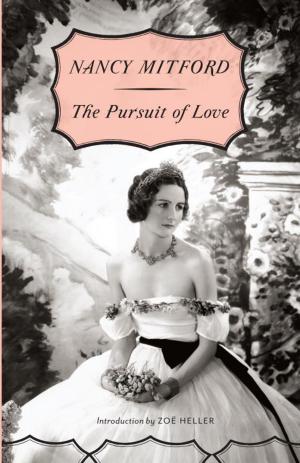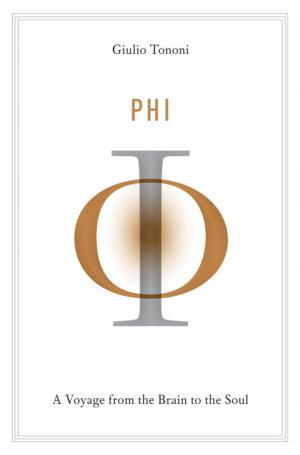| Author: | Alexander Waugh | ISBN: | 9780307484697 |
| Publisher: | Knopf Doubleday Publishing Group | Publication: | December 10, 2008 |
| Imprint: | Anchor | Language: | English |
| Author: | Alexander Waugh |
| ISBN: | 9780307484697 |
| Publisher: | Knopf Doubleday Publishing Group |
| Publication: | December 10, 2008 |
| Imprint: | Anchor |
| Language: | English |
If there is a literary gene, then the Waugh family most certainly has it—and it clearly seems to be passed down from father to son. The first of the literary Waughs was Arthur, who, when he won the Newdigate Prize for poetry at Oxford in 1888, broke with the family tradition of medicine. He went on to become a distinguished publisher and an immensely influential book columnist. He fathered two sons, Alec and Evelyn, both of whom were to become novelists of note (and whom Arthur, somewhat uneasily, would himself publish); both of whom were to rebel in their own ways against his bedrock Victorianism; and one of whom, Evelyn, was to write a series of immortal novels that will be prized as long as elegance and lethal wit are admired. Evelyn begat, among seven others, Auberon Waugh, who would carry on in the family tradition of literary skill and eccentricity, becoming one of England’s most incorrigibly cantankerous and provocative newspaper columnists, loved and loathed in equal measure. And Auberon begat Alexander, yet another writer in the family, to whom it has fallen to tell this extraordinary tale of four generations of scribbling male Waughs.
The result of his labors is Fathers and Sons, one of the most unusual works of biographical memoir ever written. In this remarkable history of father-son relationships in his family, Alexander Waugh exposes the fraught dynamics of love and strife that has produced a succession of successful authors. Based on the recollections of his father and on a mine of hitherto unseen documents relating to his grandfather, Evelyn, the book skillfully traces the threads that have linked father to son across a century of war, conflict, turmoil and change. It is at once very, very funny, fearlessly candid and exceptionally moving—a supremely entertaining book that will speak to all fathers and sons, as well as the women who love them.
If there is a literary gene, then the Waugh family most certainly has it—and it clearly seems to be passed down from father to son. The first of the literary Waughs was Arthur, who, when he won the Newdigate Prize for poetry at Oxford in 1888, broke with the family tradition of medicine. He went on to become a distinguished publisher and an immensely influential book columnist. He fathered two sons, Alec and Evelyn, both of whom were to become novelists of note (and whom Arthur, somewhat uneasily, would himself publish); both of whom were to rebel in their own ways against his bedrock Victorianism; and one of whom, Evelyn, was to write a series of immortal novels that will be prized as long as elegance and lethal wit are admired. Evelyn begat, among seven others, Auberon Waugh, who would carry on in the family tradition of literary skill and eccentricity, becoming one of England’s most incorrigibly cantankerous and provocative newspaper columnists, loved and loathed in equal measure. And Auberon begat Alexander, yet another writer in the family, to whom it has fallen to tell this extraordinary tale of four generations of scribbling male Waughs.
The result of his labors is Fathers and Sons, one of the most unusual works of biographical memoir ever written. In this remarkable history of father-son relationships in his family, Alexander Waugh exposes the fraught dynamics of love and strife that has produced a succession of successful authors. Based on the recollections of his father and on a mine of hitherto unseen documents relating to his grandfather, Evelyn, the book skillfully traces the threads that have linked father to son across a century of war, conflict, turmoil and change. It is at once very, very funny, fearlessly candid and exceptionally moving—a supremely entertaining book that will speak to all fathers and sons, as well as the women who love them.
